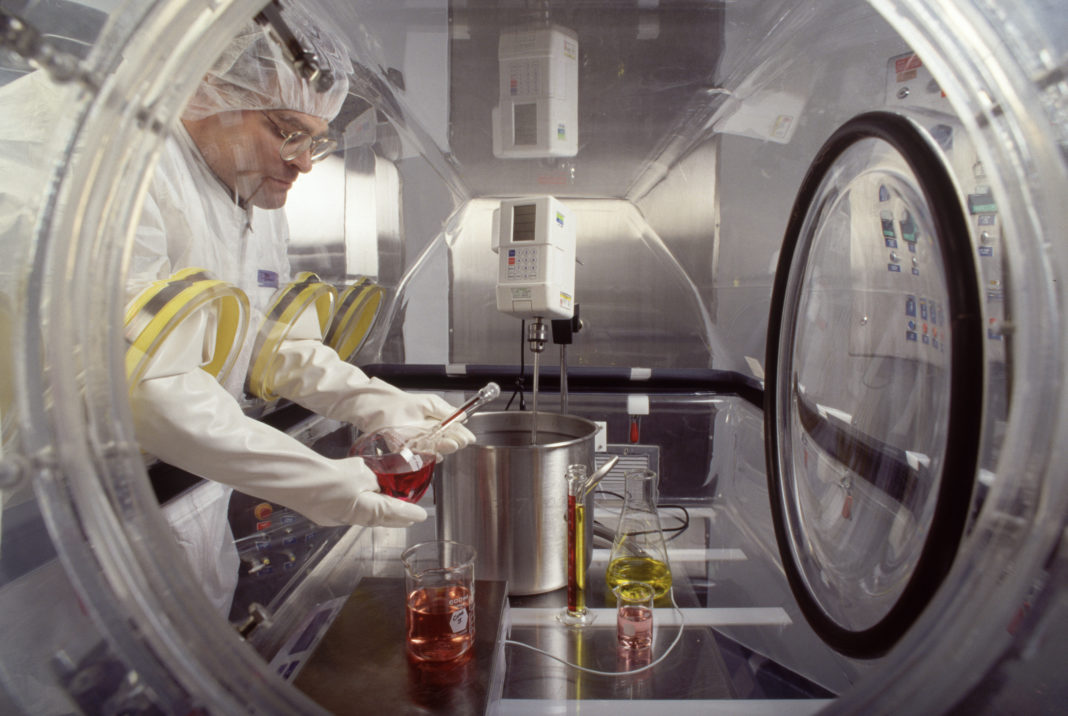Drug quality is determined by two things: raw materials; and the manufacturing process. For small molecule medicines controlling both these factors is straightforward.
However, for biopharmaceuticals, the challenge is much greater. While using the right material is largely a question of sourcing from the correct supplier, the complexity of the manufacturing and the reliance on production in cell lines makes it much harder to control quality.
And this is where “bioprocess 4.0” can help, according to Wolfgang Sommeregger, PhD, product manager at facility design consultancy Bilfinger Industrietechnik.
“In so-called ‘black-box’ processes, the quality of the product remains mainly unclear until all subsequent analyses are performed.
“However, if advanced sensors are used together with all the other available information and the data streams into adequate process models, the product quality can be estimated already during the production process,” he says.
The challenge is ensuring data is gathered effectively, Sommeregger adds. “In a fully integrated continuous bioprocess, the complexity is extremely high and the use of advanced sensors in combination with process models is almost a prerequisite.”
All data
Part of the problem, is that process models are only as complete as the data from which they are built. And—according to Sommeregger—few biopharmaceutical firms have embraced the 4.0 approach to the extent needed for accurate models.
“One of the benefits of implementing industry 4.0 technologies is the optimization of the complete value chain. However, so far most applications only consider the optimization of one or a few process steps.
“This might be related to the fact that the development of cross-process models is challenging and many companies struggle already at earlier steps of the implementation.”
Another major hurdle is automating the integration of data, Sommeregger says.
“For enhanced data collection, the connection of all processing equipment, analyzers, and other devices to a single database/management software becomes necessary.”
Success?
Whether a drug company can overcome such challenges and reap the benefits of a data-driven, 4.0 approach largely depends on the company involved, according to Sommeregger.
“On the one hand, the biopharma industry has the reputation of being very conservative and this might be true in some aspects. On the other hand, it is also one of the most innovative industries. This was impressively demonstrated with the recent generation of several distinct COVID-19 vaccines in a very short time.
“This contradiction is also reflected in the implementation of industry 4.0 topics across the biopharma industry. Many companies are still in the process of improving data management, whereas others are already using AI to identify patterns in their data and avert risks.”


